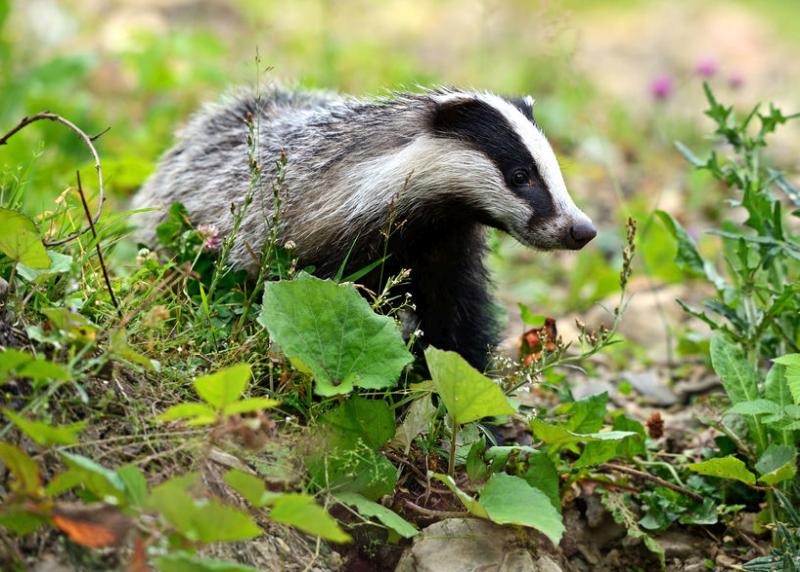Farmers call for 'urgent rethink' of Wales' bTB strategy

Farmers have called for an 'urgent rethink' of Wales' bovine TB strategy in light of new research which shows culling significantly reduces number of outbreaks in cattle.
The evidence within the Downs Report, published last week, looks into the effectiveness of the English badger cull.
The original cull zones in Gloucestershire and Somerset showed, after four years, a 66% reduction in new bovine TB breakdowns in cattle in Gloucestershire and a 37% reduction in Somerset.
But Welsh government has so far ruled out following the strategy employed in England to actively remove the disease from the wildlife population.
It comes as bovine TB continues to severely impact Welsh farming families, both emotionally and financially.
Latest statistics show that 12,360 cattle were slaughtered in Wales in the year to June 2019, a figure that NFU Cymru says is 'totally unsustainable' for the Welsh cattle industry.
The union adds that farmers are now feeling 'extreme frustration' and 'anger' over the current bTB eradication programme's 'inadequacies'.
President John Davies said: “It is essential that lessons are learned from the way the UK government has implemented its bovine TB eradication plan in England.
“This new evidence emphatically shows that the only way forward in eradicating this horrific disease here in Wales, is for Welsh government to recognise that robust controls to tackle the reservoir of disease in the wildlife population need to be employed.
“This should be alongside the range of other measures already in operation, such as enhanced biosecurity and cattle control measures.
Mr Davies said the new evidence released last week 'cannot be ignored', and has urged Welsh government to review its current bTB policy.








